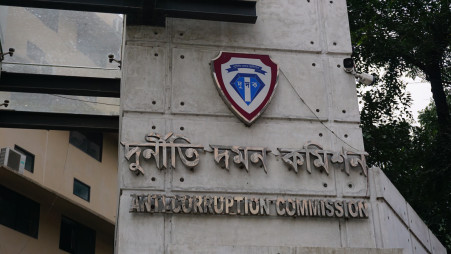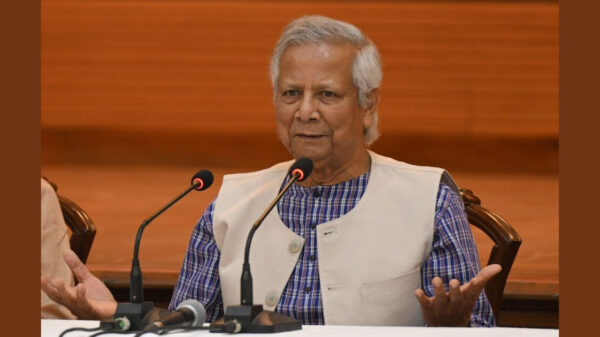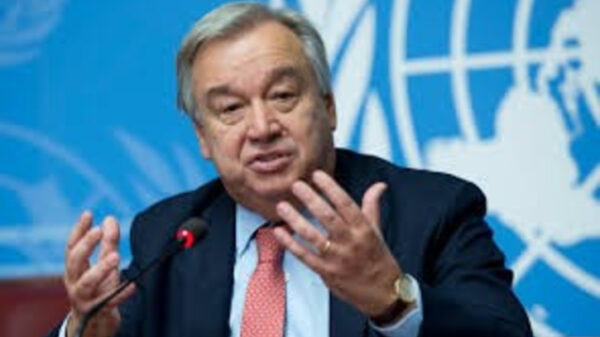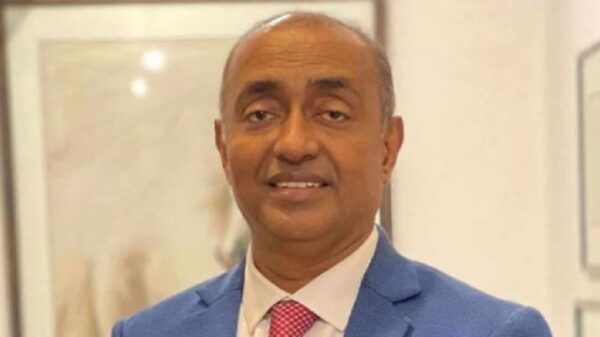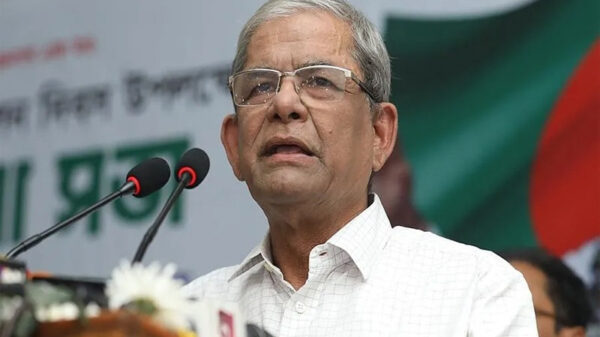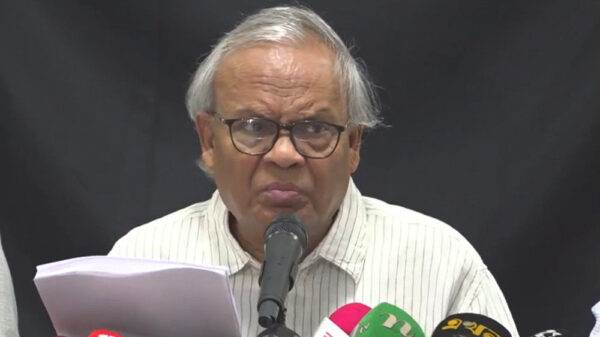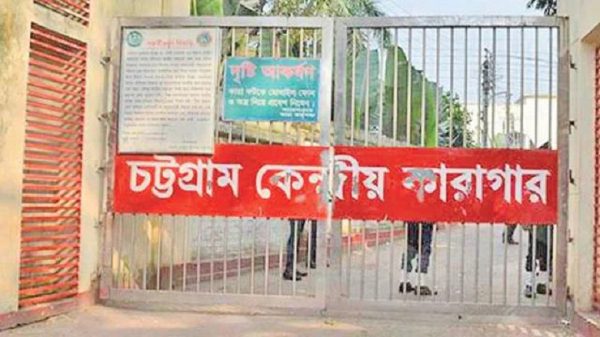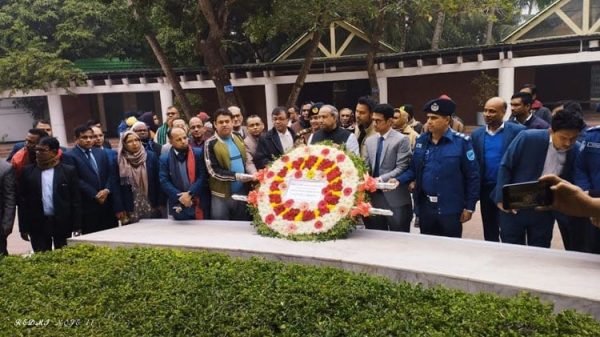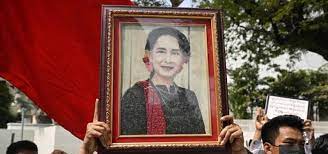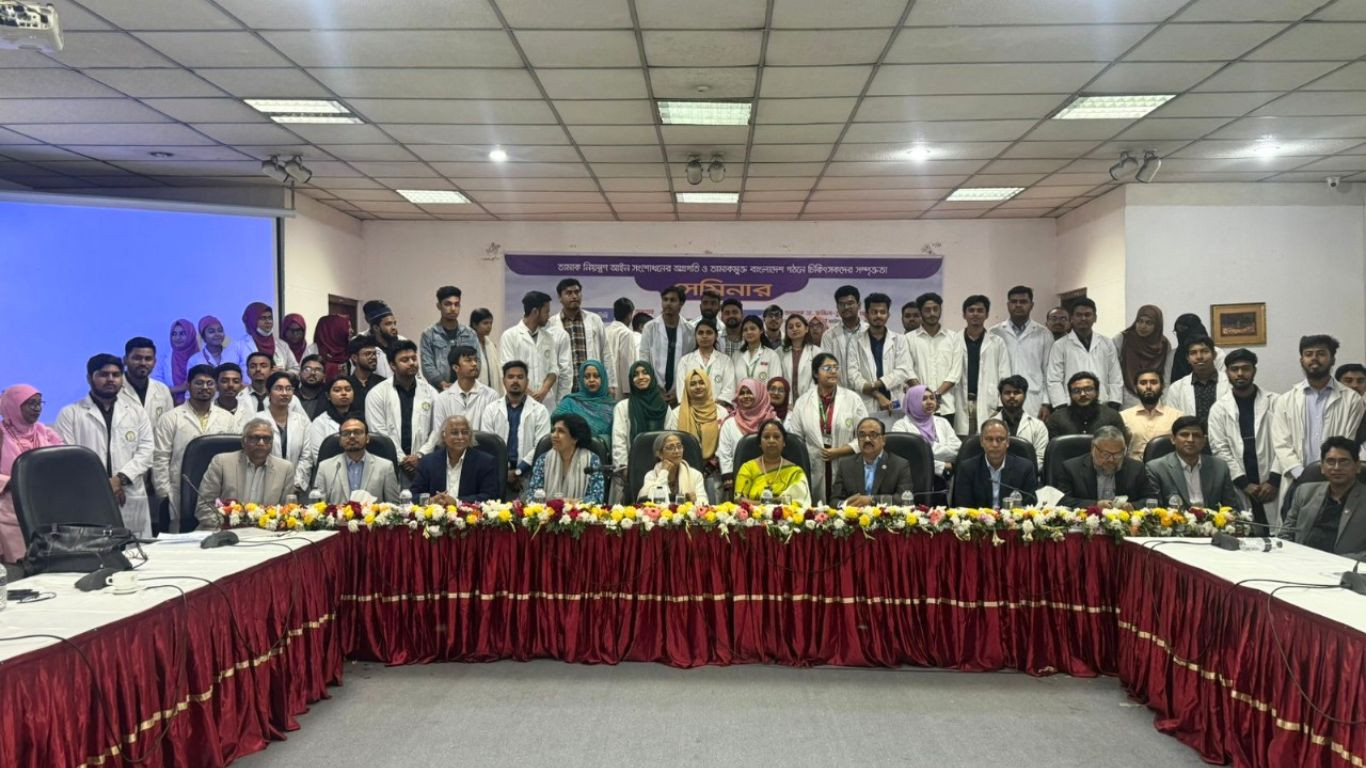Staff Reporter:
Tobacco use is one of the major causes of non-communicable diseases (NCDs) such as heart disease, stroke, and chronic respiratory diseases. Every year, over 161,000 people in Bangladesh die prematurely due to tobacco use—deaths that are preventable. To reduce these preventable deaths and protect the young generation from the harmful effects of tobacco, the draft amendment to the Tobacco Control Law proposed by the Ministry of Health must be passed immediately.
The proposed amendments aim to align the law with global standards, particularly the WHO Framework Convention on Tobacco Control (FCTC). Key proposed amendments include: banning designated smoking areas (DSAs) in all public places and transport; prohibiting the display of tobacco products at points of sale; fully banning corporate social responsibility (CSR) activities of tobacco companies; increasing the size of graphic health warnings on tobacco packaging from 50% to 90%; banning the sale of loose cigarettes, unwrapped smokeless tobacco products, and single sticks; and imposing a complete ban on e-cigarettes and all emerging tobacco products.
These points were highlighted by medical professionals during a seminar titled “Progress on Amendments to Tobacco Control Law and Engagement of Physicians in Building a Tobacco-Free Bangladesh”, organized by the National Heart Foundation of Bangladesh at the cirdap auditorium on Thursday (30 January) at 3:00 pm.
The seminar was presided over by Professor Fazila-Tun-Nesa Malik, Secretary General of the National Heart Foundation of Bangladesh. The keynote presentation was delivered by Professor Dr. Sohel Reza Choudhury, Head of the Department of Epidemiology and Research of the National Heart Foundation Hospital and Research Institute.
In his keynote, he stated that an alarming 37.8 million adults aged 15 and above in Bangladesh use tobacco, according to the Global Adult Tobacco Survey. Additionally, 38.4 million non-smokers are exposed to secondhand smoke in various public places and transportation. Considering these facts, the interim government has formed an advisory council comprising nine advisors and three secretaries to amend the existing Tobacco Control Law to protect public health. He emphasized the urgent need to pass this law to safeguard non-smokers and address the health hazards of tobacco.
The keynote further highlighted that a recent statement by an economic advisor, who stressed that maintaining good health ensures the financial stability of families. Poor health is one of the major challenges in Bangladesh, and without good health, no segment of society can contribute effectively. Therefore, amending the current tobacco control law is crucial to safeguard the health of the young generation.
Dhaka Divisional Commissioner Sharf Uddin Ahmed Choudhury, speaking as a distinguished guest, said it is the government’s responsibility to protect public health. According to the SDG Target 3.4, the government aims to reduce premature mortality from NCDs by one-third by 2030. To achieve this goal, the existing Tobacco Control Law needs to be amended in line with the FCTC.
The seminar’s chief guest, Farida Akhtar, Advisor to the Ministry of Fisheries and Livestock, stated that the prevalence of tobacco use in Bangladesh is higher compared to other South Asian countries due to its affordability. Tobacco-related deaths are alarming and highlight the urgency to strengthen two key tools for tobacco control: stricter laws and increased taxes. She pointed out that tobacco companies consistently resist the formulation of laws and tax hikes. In this context, the government must promptly pass the amended law to protect non-smokers and save the new generation from tobacco’s harmful effects.
In her presidential remarks, Professor Fazila-Tun-Nesa Malik noted that nicotine has a detrimental impact on the brain development of children and adolescents, particularly affecting areas responsible for attention, learning, mood, and emotional regulation. To secure the health of the next generation, the amendment of the existing Tobacco Control Law is essential.
Other notable speakers at the seminar included Sheikh Momena Moni, Program Director and Additional Secretary (WH wing) of the National Tobacco Control Cell; Md. Akhtaruzzaman, Director General of National Tobacco Control Cell; Md. Alamgir Hossain, Deputy Secretary of the Ministry of Textiles and Jute; Professor Golam Mohiuddin Faruq, President of the Bangladesh Cancer Society; and Dr. Muhammad Sakhawat Hossain, Member Secretary of the Anti-Tobacco Advocacy of the Bangladesh Lung Foundation. Medical students from various colleges also participated in the event.





